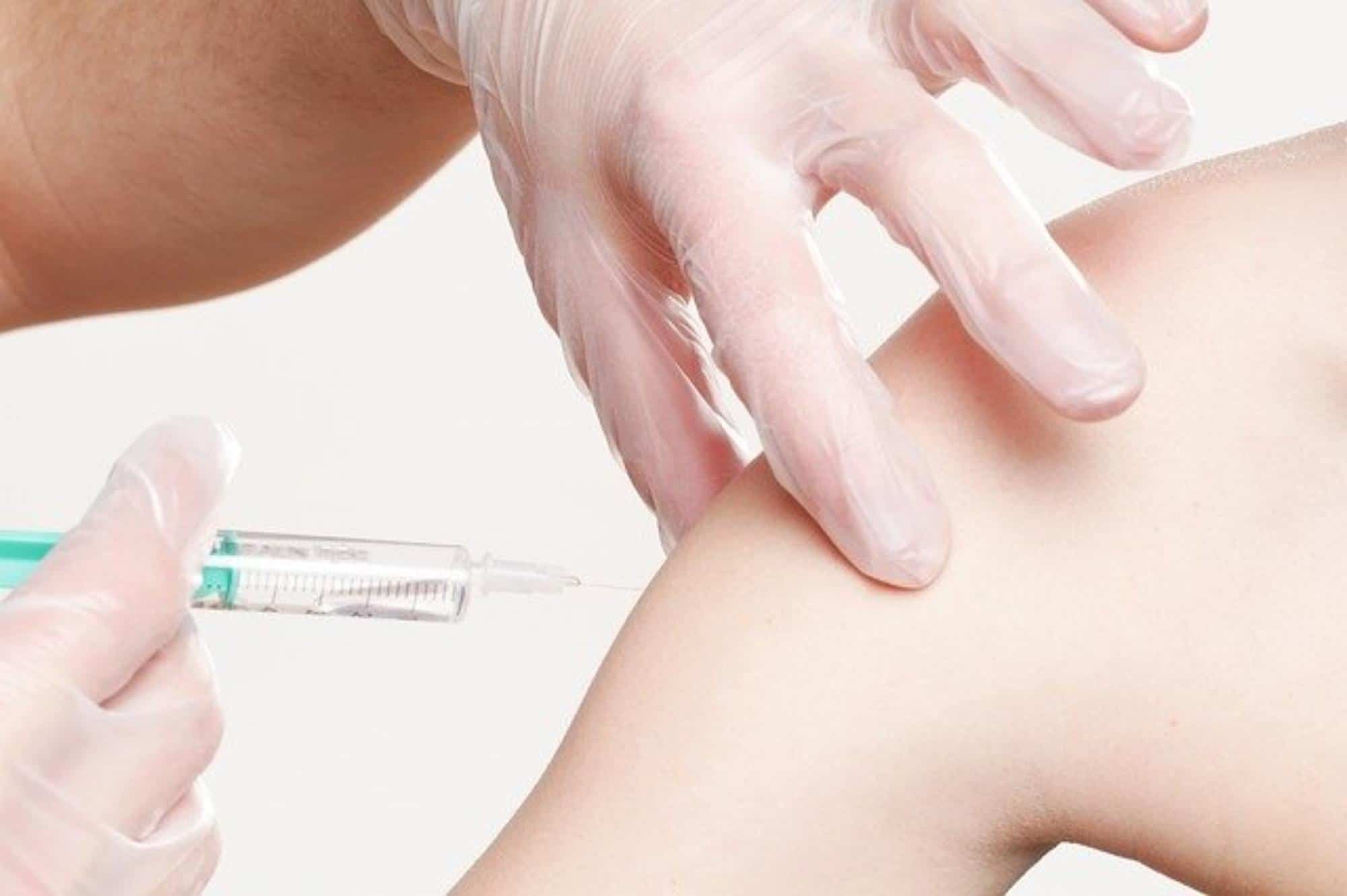Use This Guide To Immunizations To Determine Which Are Essential To Protect You From Illness
Because of the restrictions during the coronavirus pandemic, many individuals have not received routine vaccinations. However, it’s more important than ever that you and your loved ones stay current on your shots. Pegasus senior care experts in Los Feliz and elsewhere have compiled a practical guide to immunizations for you.
Immunization is a preventive measure. Hospitals and medical services are already overloaded with caring for COVID-19 patients. Prevention of additional illnesses through vaccination benefits you and avoids additional strain on the healthcare system.
Vaccinations Prevent Premature Deaths
Thousands of senior citizens die each year from diseases that could have been prevented by vaccination. Many are afraid of side effects. In most cases, the diseases themselves are usually worse than the vaccination.
Consult with your physician first as they will need to know about any changes in your health. Lifestyle changes are also relevant. The consultation can be conducted over the phone or via the internet.
The immunizations you should get are generally based on your age and health conditions. Many of these are routine. You receive them either annually or as periodic booster shots.
Get Vaccinated In The Safety Of Your Home
Pegasus home health care professionals include registered nurses. They coordinate with your physician, which allows them to administer your vaccinations without an office visit. You remain safe at home.
Guide To Adult Immunizations
Hepatitis A
Hepatitis A is a contagious liver infection that is typically transmitted via contaminated water or food. It’s also transmitted from person-to-person. You’re at risk if you travel to certain countries, are HIV positive, use illicit drugs, or have a blood-clotting disorder. It isn’t chronic.
Hepatitis B
Hepatitis B is a contagious liver infection that can be prevented but not cured. You may acquire an acute infection that can become chronic. Chronic infections typically result in life-threatening liver diseases. It is transmitted from person-to-person via body fluids.
Influenza (flu)
Influenza is a contagious respiratory disease caused by a virus. It spreads from person-to-person. Individuals may also become infected if they touch a surface on which an infected person has recently coughed or sneezed. The virus mutates (changes form) from year-to-year, requiring a new vaccine each year to combat it. Individuals must obtain annual flu shots. Several formulas have been developed to minimize side effects.
Meningococcal
Meningococcal disease is rare but deadly. Risk factors include an impaired immune system due to specific drugs, an impaired or missing spleen, travel to certain countries, chronic illness, and cigarette smoke. It’s passed from person-to-person.
MMR
The MMR vaccine protects against measles, mumps, and rubella. Individuals born before 1957 are generally regarded as immune. The US experienced few cases of measles for many years due to the prevalence of vaccinations. However, 2019 saw an outbreak of measles. So far, there hasn’t been as many cases in 2020, but unvaccinated people are still vulnerable. If you are not immune and have not been vaccinated, you are at risk of contracting measles from an infected person. Your risk is high if you travel abroad, as other countries have not had MMR vaccination programs.
Pneumococcal
Pneumococcal disease includes a variety of bacterial infections, one of which is pneumonia. Thousands of seniors die of pneumococcal diseases each year. Risk factors include alcoholism, cardiovascular disease, COPD, diabetes, leukemia, lymphoma, and smoking. Most infections occur by contact with others in a group or facility.
Shingles (herpes zoster)
Shingles may develop in older adults who had chickenpox when they were children. The virus that causes chickenpox can lie dormant in your body for years, only to emerge as an extremely painful rash. The rash is contagious, however, it gives unvaccinated individuals chickenpox rather than shingles.
Tdap
The Tdap vaccine protects against tetanus (lockjaw), diphtheria, and pertussis (whooping cough), all of which are bacterial infections. Diphtheria and whooping cough are transmitted from person-to-person. Tetanus bacteria live in soil and enter your body through openings in your skin. Diphtheria has been almost eliminated in the US, but you are at risk if you travel or are in contact with visitors from other countries. Whooping cough outbreaks occur in the US in cycles. It can be severe in adults, but it’s deadly for infants. If you’re going to be around your grandchildren or other children, you need the pertussis vaccination to protect them from exposure.
Varicella (chickenpox)
Chickenpox is a highly contagious viral infection that was nearly eradicated in the US due to widespread vaccination. If you aren’t vaccinated, you are at risk if traveling internationally or coming in contact with travelers. Having HIV, cancer, or taking low-dose steroids increase your risk.
Coronavirus
A coronavirus is the cause of COVID-19. Research is underway to develop a safe and effective vaccine. Your doctor will help you determine if you should be immunized when a vaccine becomes available.
Pegasus is a licensed Home Care Organization and a Joint Commission Accredited Home Health Care organization. Our senior care services in Los Feliz and our other locations are customized to meet your needs. We’re here for you for everything from immunizations to full-time care.

